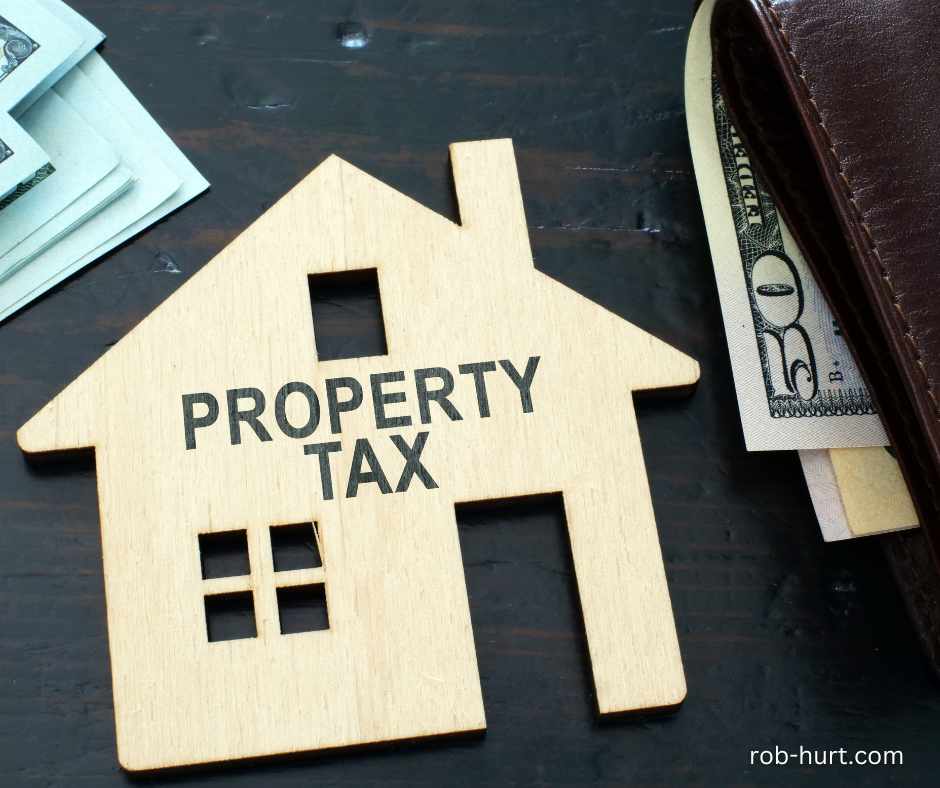Recently, a friend asked me about their property taxes and why hiring a protest company didn’t result in a lower tax bill. They shared their experience, and it’s a situation many Texas homeowners can relate to:
“We got our 2024 property value notice back in April with a Market Value of $216,414 (which seems inflated for our neighborhood) and an Appraised Value of $186,557. We hired a protest company, and they managed to lower the Market Value to $207,202—a reduction of $9,212. However, our taxes didn’t go down; in fact, they increased by 10.7%! Was it a waste to hire a protest company?”
This question touches on some key elements of how property taxes are calculated in Texas.
1. Market Value vs. Appraised Value
In Texas, your property taxes are based on the appraised value, not the market value. While the market value is the estimated selling price of your home, the appraised value is the taxable amount determined by your county’s appraisal district.
If you have a homestead exemption, the appraised value is subject to a cap and cannot increase by more than 10% per year, regardless of how much the market value increases. This means even if a protest company successfully lowers your market value, it may not reduce your appraised value—and, therefore, your taxes—if your appraised value is still below the new market value.
2. Protesting Market Value
The protest company did their job by reducing the market value. However, if your appraised value is capped and hasn’t yet caught up to the market value, lowering the market value won’t directly impact your taxes. The appraised value still has room to rise within that 10% annual limit.
In this case, the appraised value increased, as allowed by the cap, which is why the tax bill went up despite the market value reduction.
3. Are Protest Companies Worth It?
Protest companies aren’t necessarily a scam, but their results can vary depending on your situation. They’re most effective when your appraised and market values are very close, or if your property doesn’t have a homestead exemption. If your market value is far higher than your capped appraised value, their efforts won’t translate into immediate tax savings.
The Bigger Picture
Unfortunately, this situation highlights a challenge many homeowners are facing. Even with efforts to lower market values, rising appraised values and tax rates often lead to higher bills. Between property taxes and rising insurance costs, so many Texans are feeling the strain.
While I wish there were an easy fix, I hope this explanation helps clarify what happened and why the taxes increased despite the protest. If you’re dealing with a similar situation, know that you’re not alone, and understanding how these systems work can at least help make the process less frustrating.
Home Ownership •
November 21, 2024
Why Lowering Market Value Doesn’t Always Reduce Your Tax Bill



 Facebook
Facebook
 X
X
 Pinterest
Pinterest
 Copy Link
Copy Link

